“Every child deserves the best possible start in life and the support that enables them to fulfil their potential. Children develop quickly in the early years and a child’s experiences between birth and age five have a major impact on their future life chances.”
Statutory Framework for the Early Years Foundation Stage- 2021
In our Early Years Foundation Stage (EYFS) we meet the needs of all of our children through a challenging and exciting provision that allows children to become more independent in their learning. We believe that children are more engaged when they have a choice in their learning and so our timetables includes lots of opportunities for children to ‘free flow’ and engage in play both indoors and outdoors. Through playing children are learning many new skills such as: risk taking; social skills; fine motor skills; problem solving; and communication skills.
At the end of reception year, EYFS staff will complete an end of year profile for each child to determine whether they are emerging or expected in the seven areas of learning and development. The areas are shown below.
Our planning is based on guidance in the Development matters document. More information can be found here
EYFS Intent
At Willowbrook Mead Primary Academy, we greatly value the importance of the early years
foundation stage (EYFS) in providing a secure foundation for future learning and development. We strive for the children to become independent learners, whilst building on their communication and language. All staff have high expectations of all children, including SEND and disadvantaged. Our provision allows the children to make independent choices in their learning and develop their self- regulation skills.
EYFS Policy
EYFS Curriculum
We cover a range of exciting topics throughout the year. Our long term plan can be seen here;
The Classes
The Foundation Stage is divided into Reception (children aged 4-5 years old) and Nursery (children aged 3-4 years old)



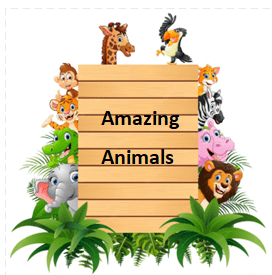

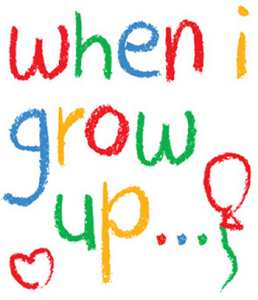
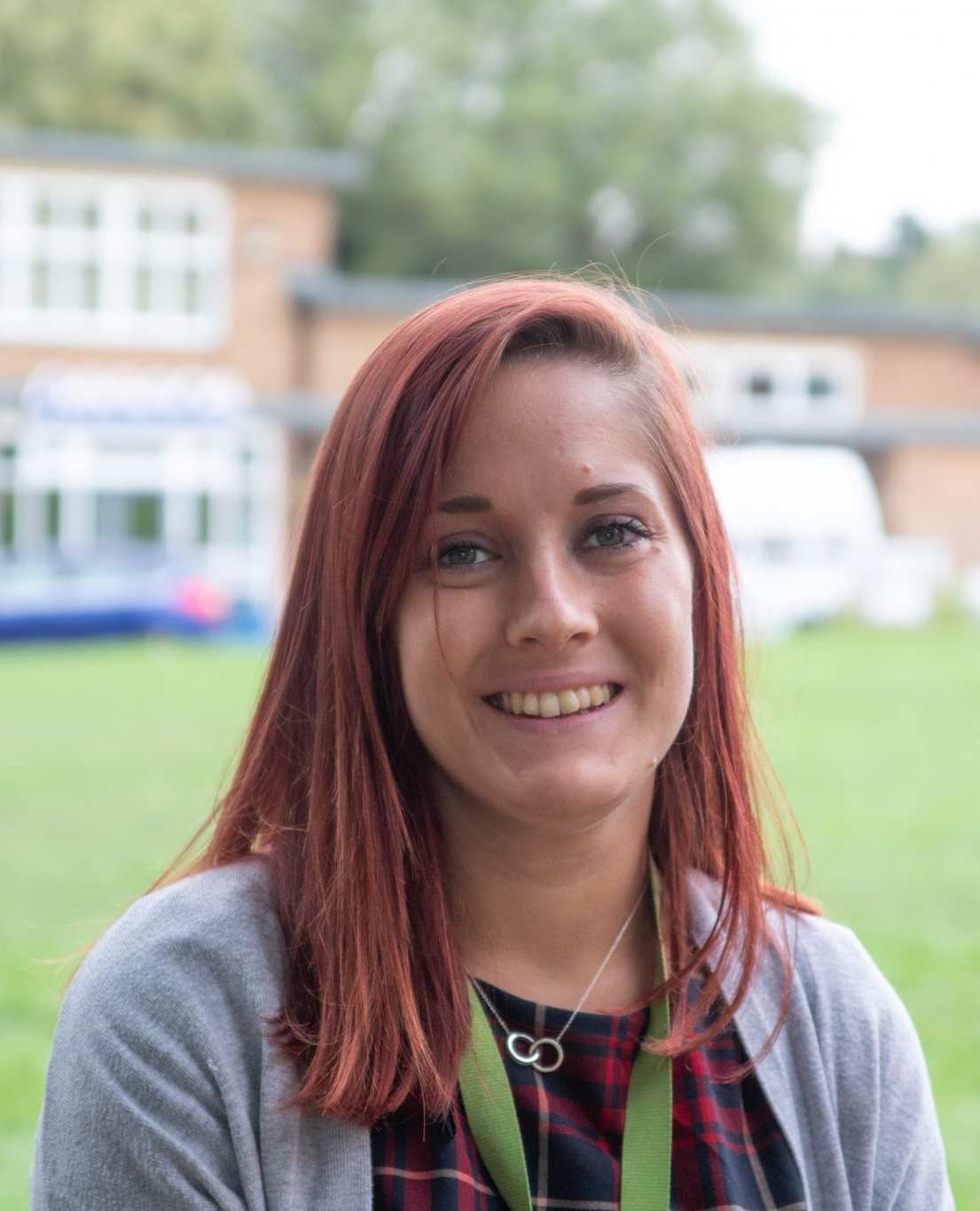

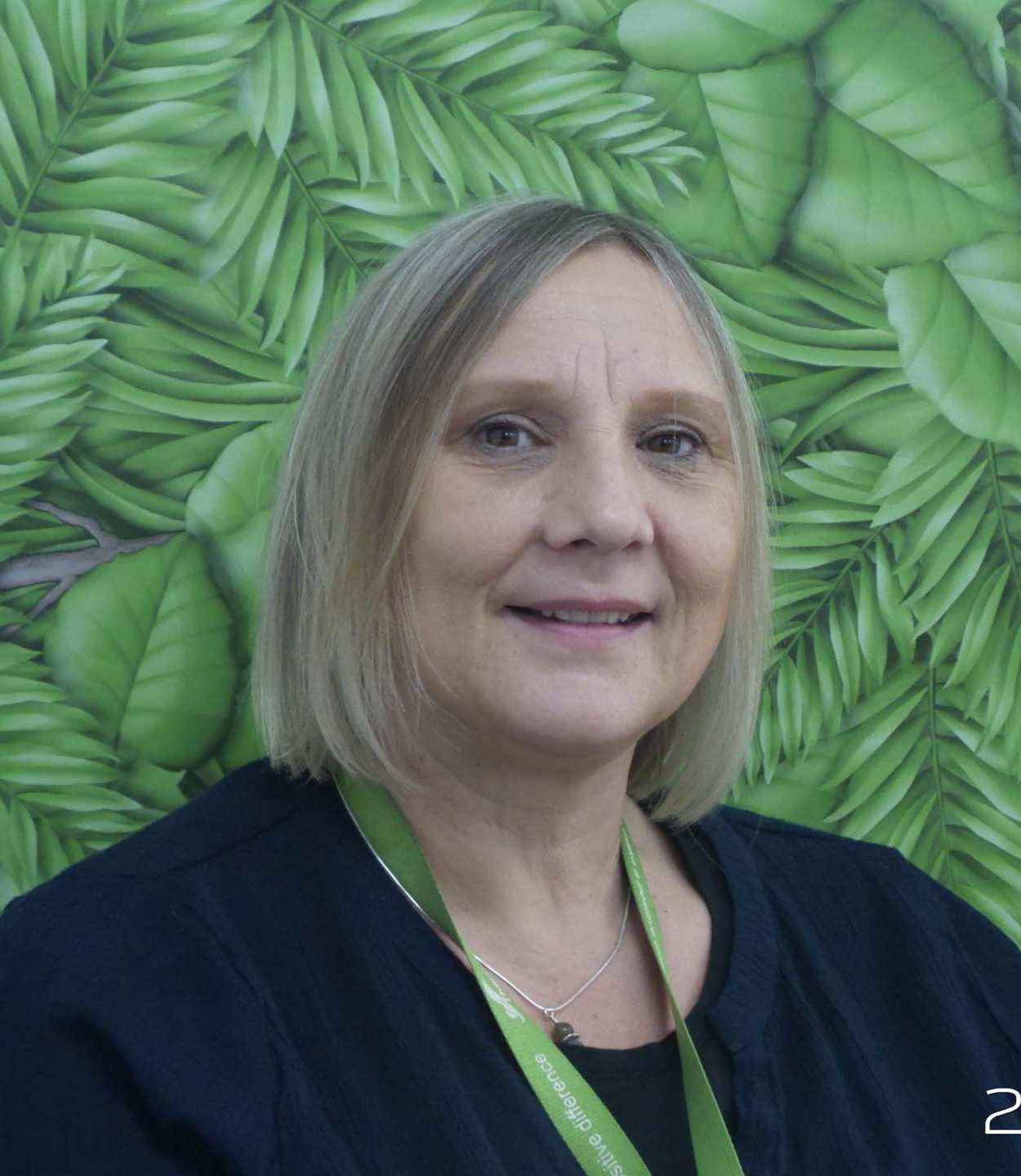
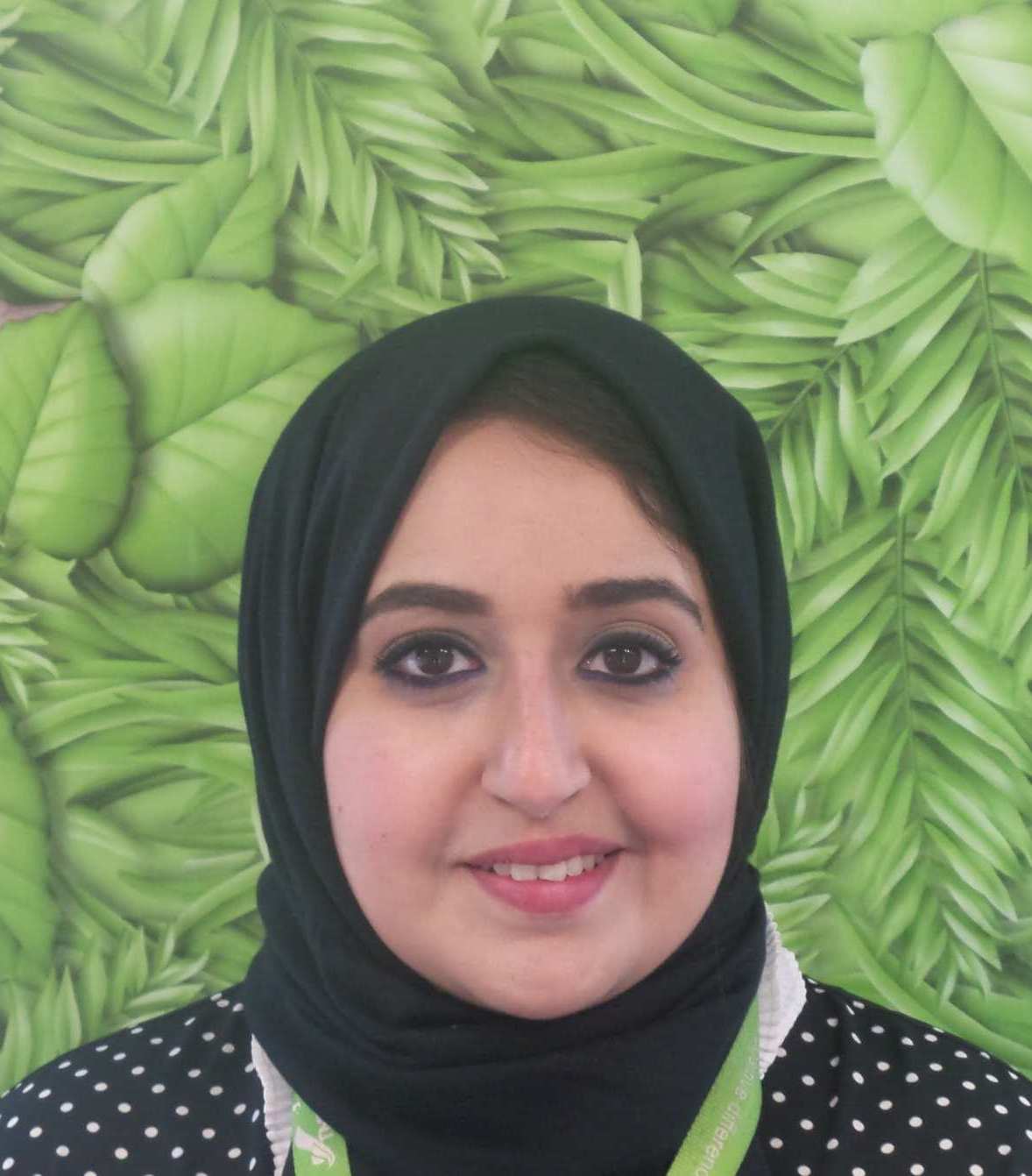
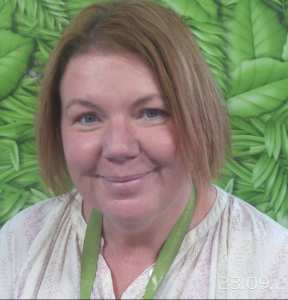

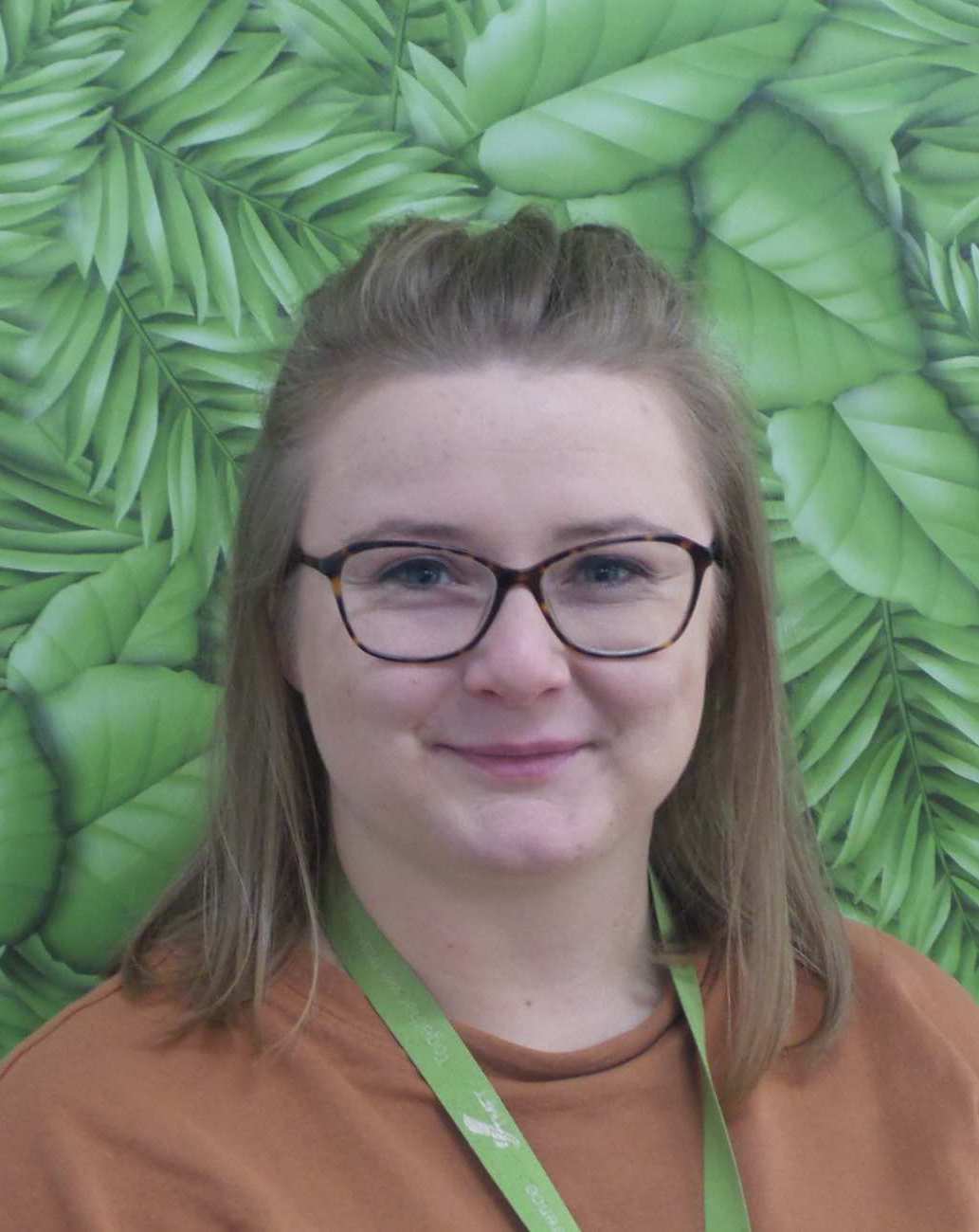
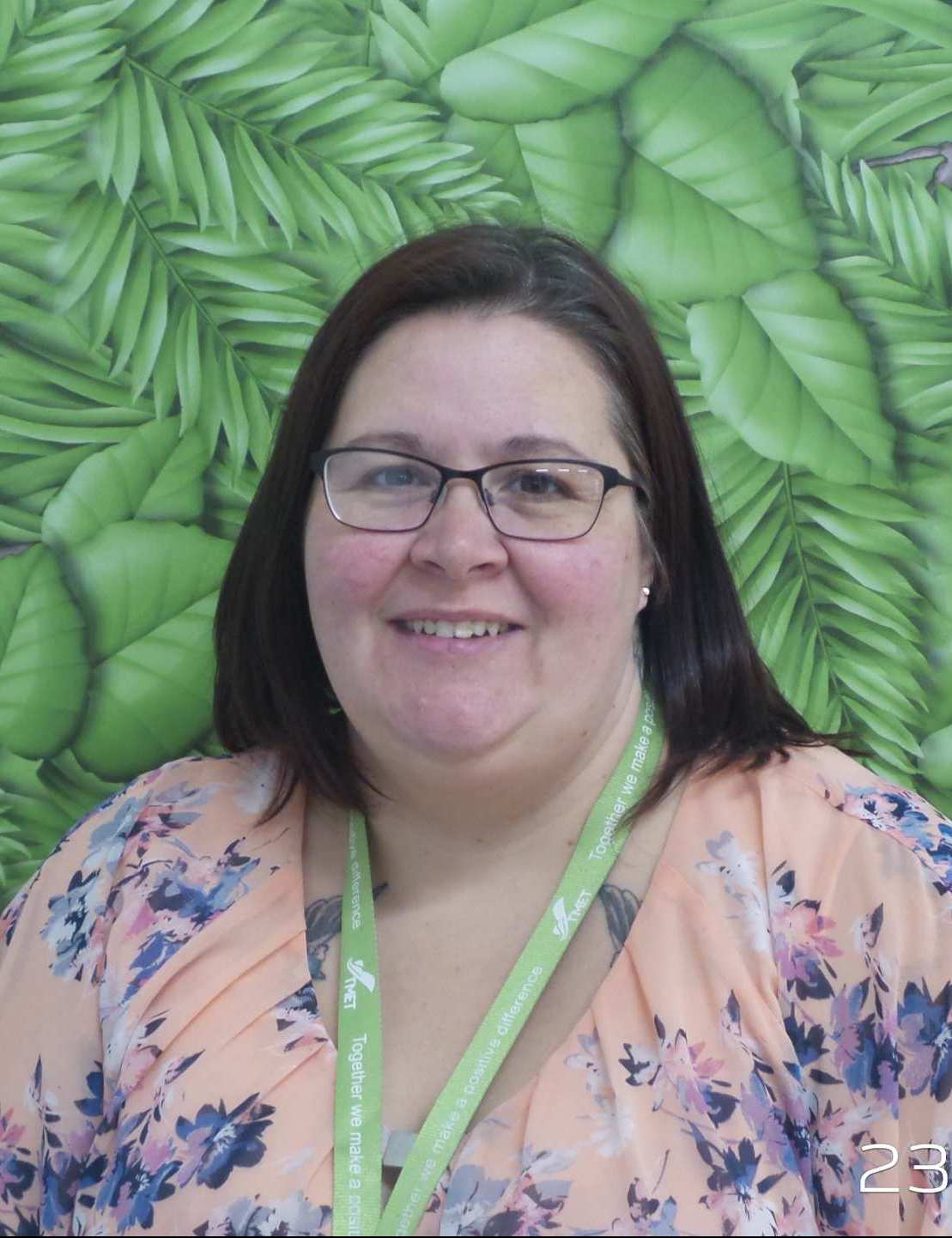

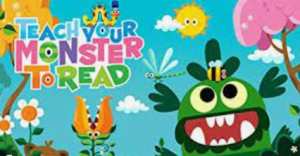
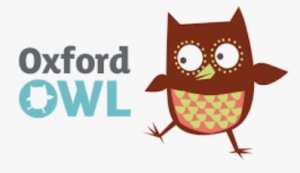
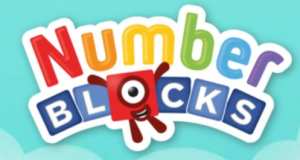
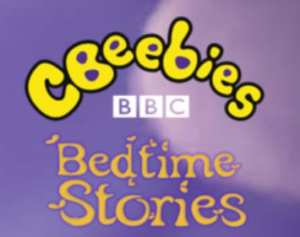
 Brighter Futures, Learning Together
Brighter Futures, Learning Together